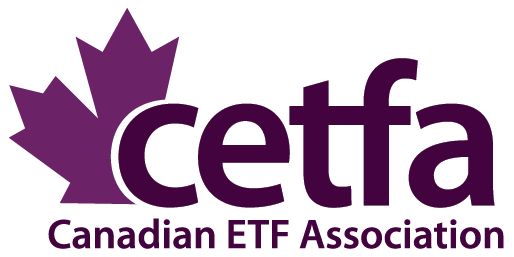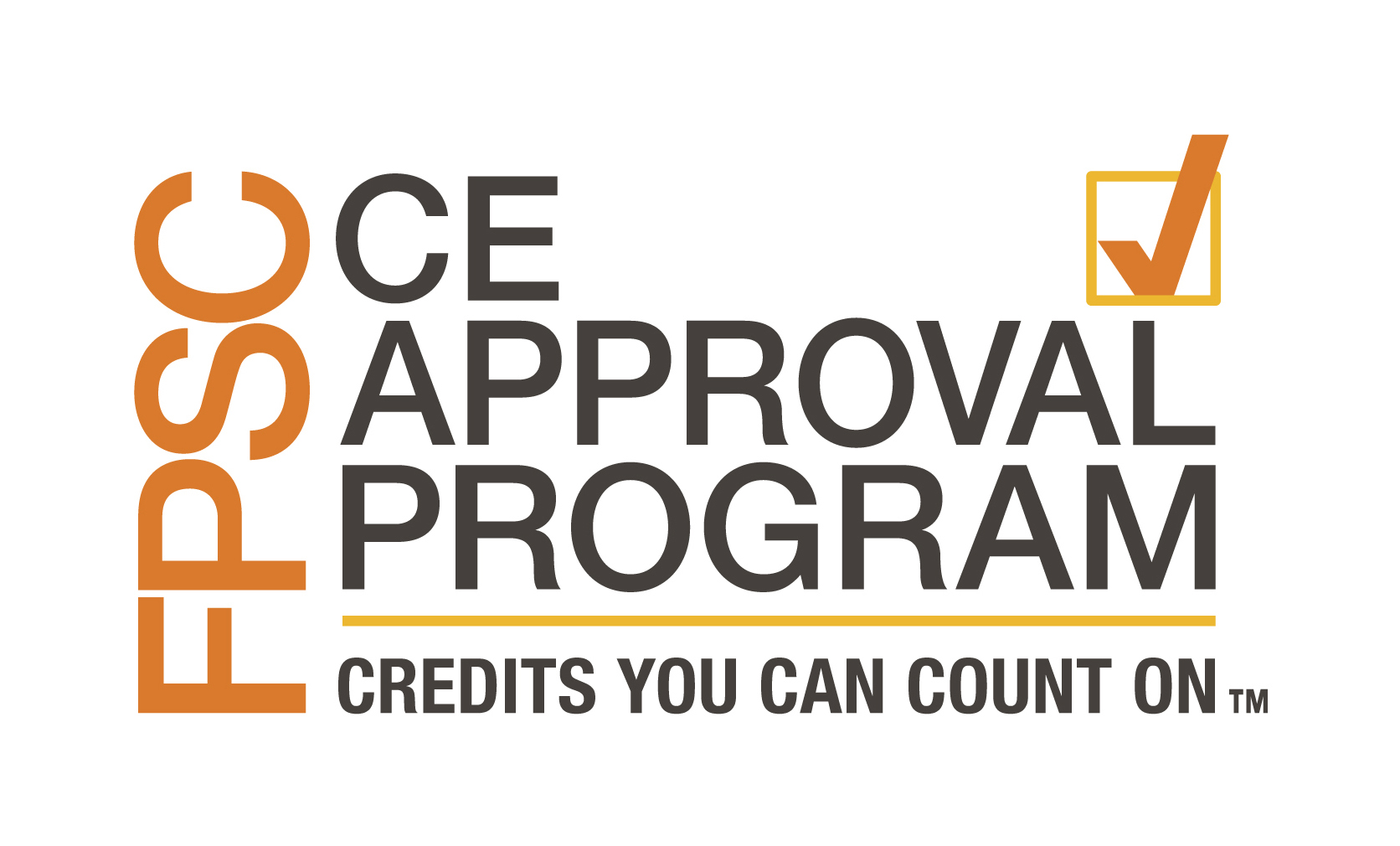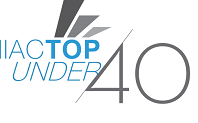Code of Ethics and Good Practice
This Code of Ethics and Good Practice sets out the essential elements of sound ethical practice. For the purposes of this code, the person receiving mentoring is called the Client.
All Clients should expect a high standard of practice from their Mentor. To ensure that this is achieved Mentors commit to operate in accordance with the Code of Ethics and Good Practice for ethical, competent and effective practice.
1. Mentors are required to recognise both personal and professional limitations:
Personal — with respect to maintaining their own good health and fitness to practice. Should this not be the case, Mentors are required to withdraw from their practice until such time as they are in good health and fit to resume. Clients should be offered appropriate, alternative support during any such period.
Professional — with respect to whether their experience is appropriate to meet the Client’s requirements. When this is not the case, Clients should be referred to other appropriate services, e.g. more experienced Mentors, or other specialist services. In particular, Mentors are required to be sensitive to the possibility that some Clients will require more support than is normally available within the Mentoring remit. In these cases, referral should be made to an appropriate source of care, e.g. other professional services and/or more experienced Mentors.
2. Mentors are responsible for ensuring that Clients are fully informed of the Mentoring contract, terms and conditions, prior to or at the initial session. These matters include confidentiality and frequency of sessions. All claims made by the Mentors should be honest, accurate and consistent with maintaining the Mentor practices' good standing.
3. Mentors are required to be frank and willing to respond to their Client’s requests for information about the methods, techniques and ways in which the Mentoring process will be conducted. This should be done both prior to and during the full term of the agreed upon mentor period.
4. Mentors must be sensitive to issues of culture, religion, gender and race.
5. Mentors must respect the Client’s right to terminate Mentoring at any point during the Mentoring process.
6. Mentors are required to maintain records of their work with Clients, ensuring that any such records are as accurate as possible and that reasonable security precautions are taken to protect against third party disclosure. Attention must be given to the Client’s rights under any current legislation, e.g. Privacy Act.
7. Mentors are required to monitor the quality of their work and to seek feedback wherever possible from Clients as appropriate.
8. Mentors are expected to have regular consultative support for their work.
9. A Mentor should aim to undertake some development in the practice of Mentoring on an annual basis.
10. Mentors are required to keep themselves informed of any legal requirements that may affect their work with their Clients.
12. Mentors are required to consider the impact of any dual relationships they may hold with regards to their Clients and/or any sponsoring organizations.
13. Mentors must act in a manner that does not bring the Mentoring process or Smarten Up Institute into disrepute.






Follow SUI